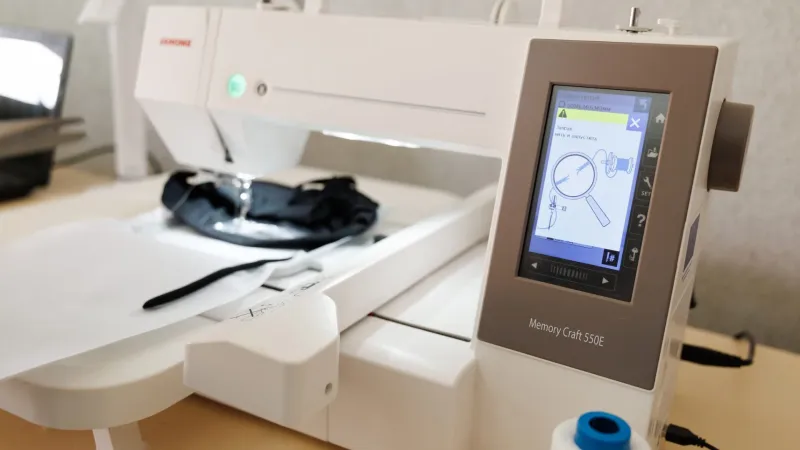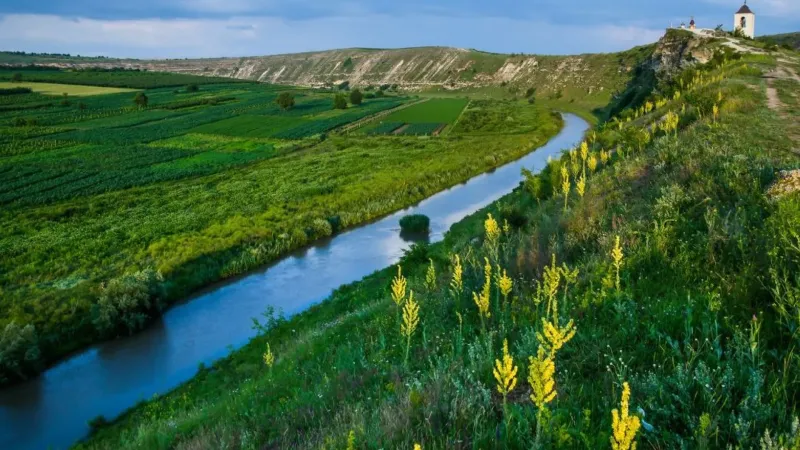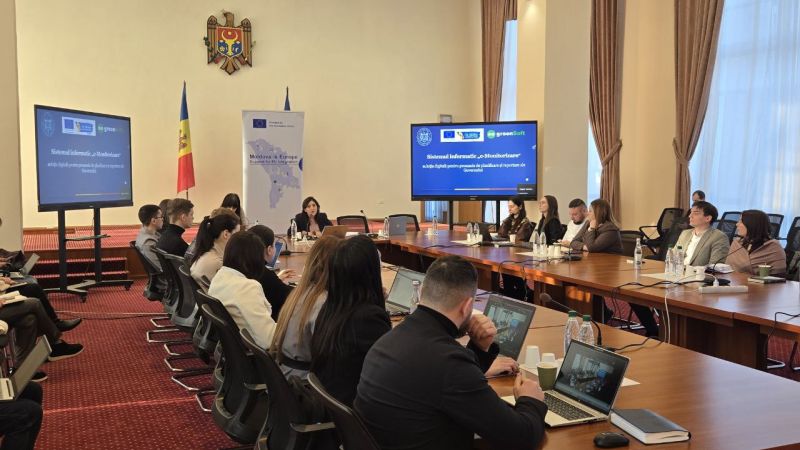
Republica Moldova dispune de cantități suficiente de biomasă de diferite tipuri pentru a asigura substituirea totală a altor tipuri de combustibili
Sectorul de energie din biomasă poate fi dezvoltat prin intermediul unor stimulente fiscale și intervenții legislative, recomandă un studiu de politici elaborat cu sprijinul PNUD Moldova, în cadrul proiectului „Abordarea impactului crizei energetice în Republica Moldova”, finanțat de UE.
Studiul propune introducerea în legislația silvică a conceptului de plantații cu ciclu scurt de tăiere, în vederea creării cadrului de reglementare separat, simplificat, de gestionare a acestui tip de păduri. Plantațiile energetice cum ar fi plop, salcie, salcâm, miscantus, care cresc în 1-4 ani, pot fi folosite inclusiv în procesul de generare a energiei termice la termocentralele din principalele orașe.
Autorii studiului recomandă crearea unor mecanisme de stimulare a agricultorilor pentru mărirea cantității și îmbunătățirea calității biomasei agricole valorificate în scopuri energetice, în special a reziduurilor vegetale generate în rezultatul defrișării, a curățirii plantațiilor fructifere și celor de viță-de-vie. De asemenea, propunerile legislative ar urma să facă ordine la capitolul întreținerii prin utilizarea deșeurilor reziduale ale pădurilor, parcurilor, fâșiilor forestiere aflate în administrarea autorităților publice și a întreprinderilor de stat, precum Administrația de Stat a Drumurilor, Moldsilva, Moldelectrica ș.a.
„Astăzi, legislația cu privire la deșeuri nu este aplicată, iar biomasa de regulă este arsă sau aruncată la groapa de gunoi, ceea ce contravine legislației în vigoare. Situația dată persistă în lipsa unor instrumente și mecanisme de verificare și penalizare în cazul contravențiilor”, afirmă Vladimir Bragaru, unul dintre autorii studiului.
Alte inițiative menite să încurajeze producerea de brichete și peleți pot fi neimpozitarea profitului reinvestit, la fel, subvenționarea instalării sistemelor fotovoltaice pentru producători, în vederea reducerii cheltuielilor pentru energia electrică utilizată la procesarea biomasei. Dezvoltarea sectorului trebuie sa fie orientată spre retehnologizarea afacerilor, promovarea tehnologiilor de economie circulară și, în egală măsură, pe dezvoltarea sectorului de consum prin promovarea tehnologiilor de utilizare a biomasei în scopuri industriale.
Sectorul de energie din biomasă a cunoscut un grad de dezvoltare în perioada 2012-2017, odată cu implementarea proiectului „Energie și Biomasă”, finanțat de către Uniunea Europeană și implementat de către PNUD Moldova. În rezultatul acestui proiect, a fost posibilă asigurarea cu energie termică a 320 de instituții publice ale Republicii Moldova, cum ar fi școli, grădinițe, cămine culturale etc. Totodată, au fost puse și bazele gestionării biomasei și procesării ei în produse noi pentru piața locală, cum ar fi peleții și brichetele.
În timpul crizei energetice din 2021-2022 necesitatea reanimării domeniului de energie din biomasă a revenit în actualitate.
Potrivit experților, Republica Moldova dispune de cantități suficiente de biomasă de diferite tipuri pentru a asigura substituirea totală a altor tipuri de combustibili, cum ar fi cărbunele, și pentru a asigura cu resurse energetice o bună parte din populație. „În plus, o atenție deosebită trebuie acordată industriei, care a implementat foarte puține tehnologii verzi și care are un potențial foarte mare. De asemenea, un domeniu care are un potențial enorm sunt producătorii de energie termică centralizată, cum ar fi Termoelectrica”, adaugă Vladimir Bragaru.
Pe lângă tocătura rezultată din plantele energetice și din curățarea fâșiilor verzi, a viilor și livezilor, paiele de culturi cerealiere, precum și biomasa rezultată în urma cultivării porumbului au potențial foarte bun pentru producerea energiei regenerabile din biomasă la nivel local. Disponibilitatea lor pe întreg teritoriul țării poate asigura un grad sporit de securitate pentru implementarea proiectelor investiționale în domeniul asigurării cu energie termică sau a centralelor de cogenerare, se constată în studiul PNUD.
„Criza energetică prin care a trecut Republica Moldova în ultimii ani a evidențiat importanța dezvoltării sectorului de biocombustibili. Trebuie să valorificăm resursele pe care le avem în țară, nu numai pentru a ne fortifica securitatea energetică, dar și pentru a prelua cât mai multe practici de energie regenerabilă, înlocuind astfel o bună parte din sursele de energie fosilă și poluantă. Vom susține măsuri de subvenționare prin intermediul Fondului de eficiență energetică în sectorul rezidențial, care să vizeze instalarea de cazane pe biomasă în cazul familiilor defavorizate”, spune Carolina Novac, Secretară de stat la Ministerul Energiei.
Datele oficiale arată că în Republica Moldova în ultimii ani se produc anual în medie 25,5 mii tone de biocombustibili solizi, volum echivalent cu cel al consumului. Predomină producătorii mici pentru care această afacere este sezonieră și nu neapărat una prioritară. 313 instituții publice și 1159 de gospodării casnice dispun de centrale termice pe biocombustibili solizi. Autorii studiului atrag atenția că o parte din instituțiile publice și gospodării casnice care dețin centrale pe bază de biocombustibili solizi nu le-au utilizat ca sursă principală de încălzire. Se presupune că numărul caselor rezidențiale care utilizează biocombustibili solizi sub formă de pelete și brichete în realitate poate fi mai mare decât cel din statistica oficială.







